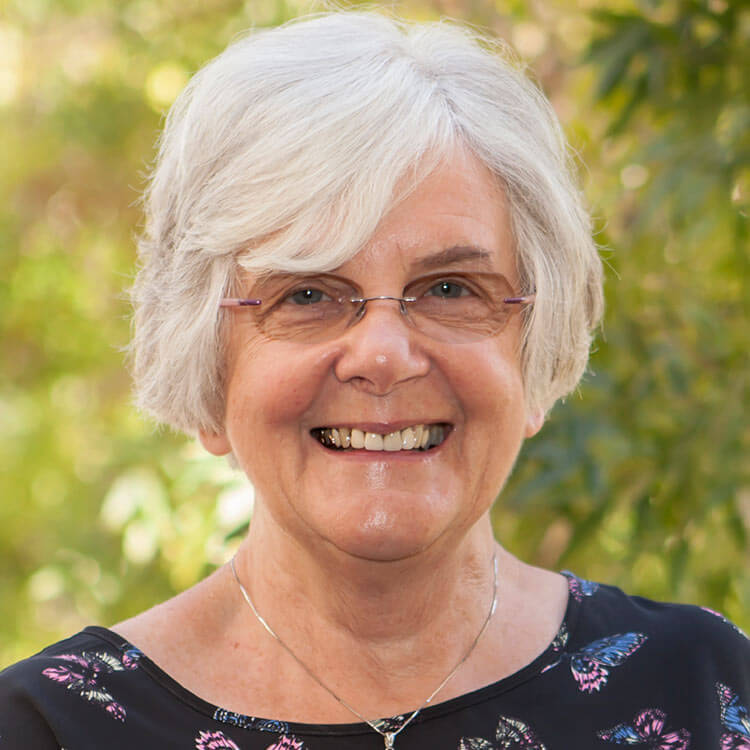Search
Research
Translating aboriginal genomics — four letters closing the gapEstablishing a genomic reference for Australian Aboriginal populations
Research
Genetic and environmental factors in the aetiology of hypospadiasThe increasing use of assisted reproductive techniques and hormonal manipulation during pregnancy may have been associated with an apparent rise in the...
Research
Folate pathway gene polymorphisms, maternal folic acid use, and risk of childhood acute lymphoblastic leukaemiaSeveral studies suggest that maternal folic acid supplementation before or during pregnancy protects against childhood acute lymphoblastic leukaemia (ALL).
Research
Comparative analysis of the full genome of Helicobacter pylori isolate sahul64 identifies genes of high divergenceGenome sequence of Sahul64, an H. pylori strain isolated from an indigenous Australian
Research
Genome-wide association analysis identifies 13 new risk loci for schizophreniaCommon genetic variation has an important role in the etiology of schizophrenia, and larger studies will allow more detailed understanding of this disorder.
Research
Genetic susceptibility to otitis media in childhoodReviewed in this article these studies have identified positive association at 21 genes with association at five of these replicated in independent populations.
Research
FBXO11, a regulator of the TGFΒ pathway, is associated with severe otitis media in Western Australian childrenOtitis media (OM) is a common childhood disease characterised by middle ear inflammation following infection
Research
Dissection of the genetics of Parkinson's disease identifies an additional association 5' of SNCA and multipleDissection of the genetics of Parkinson's disease identifies an additional association 5' of SNCA and multiple associated haplotypes at 17q21We performed...
Research
P2X7 receptor-mediated killing of an intracellular parasite, Toxoplasma gondii, by human and murine macrophagesThe P2X7R is highly expressed on the macrophage cell surface, and activation of infected cells by extracellular ATP has been shown to kill intracellular bacte

